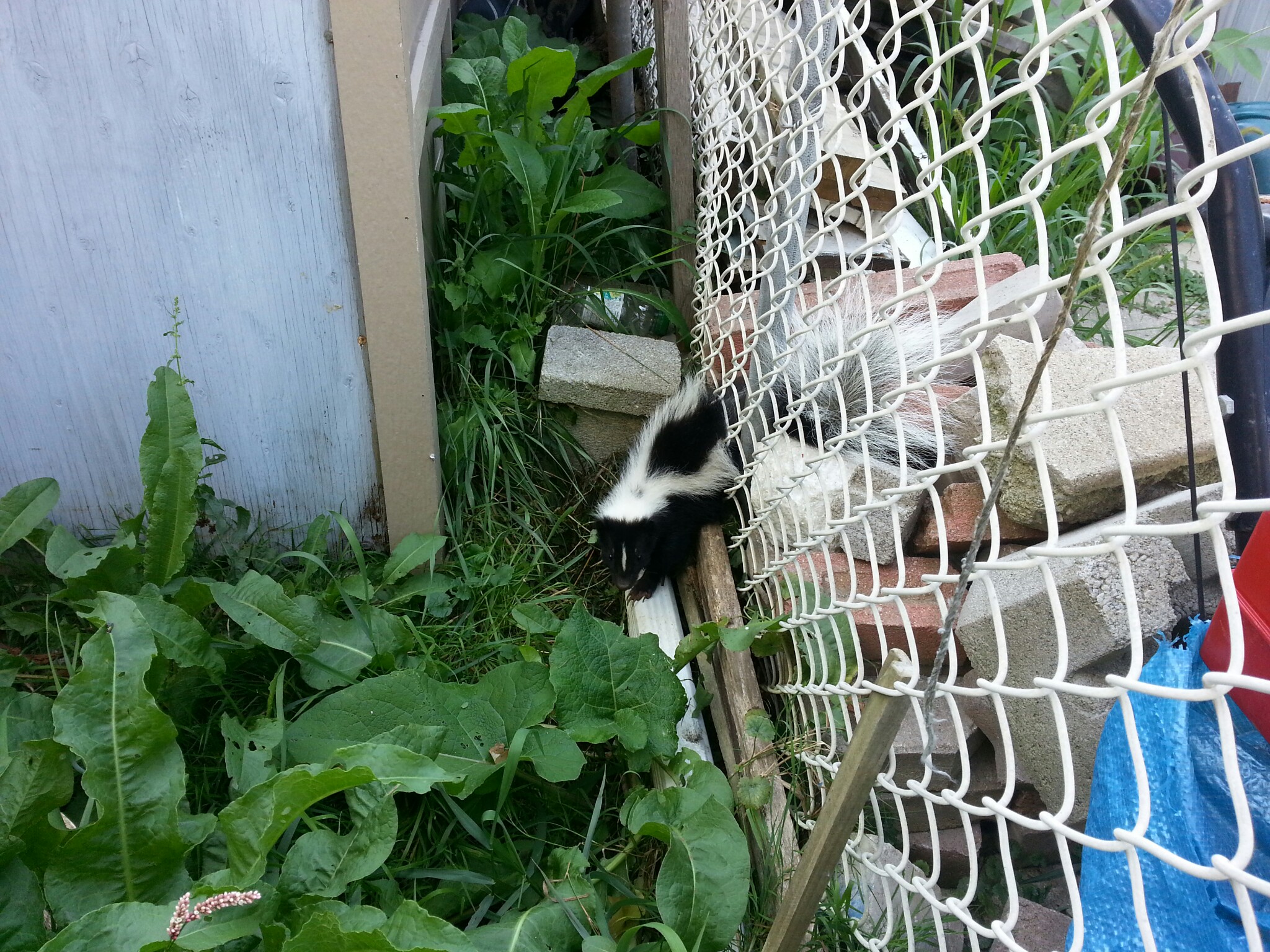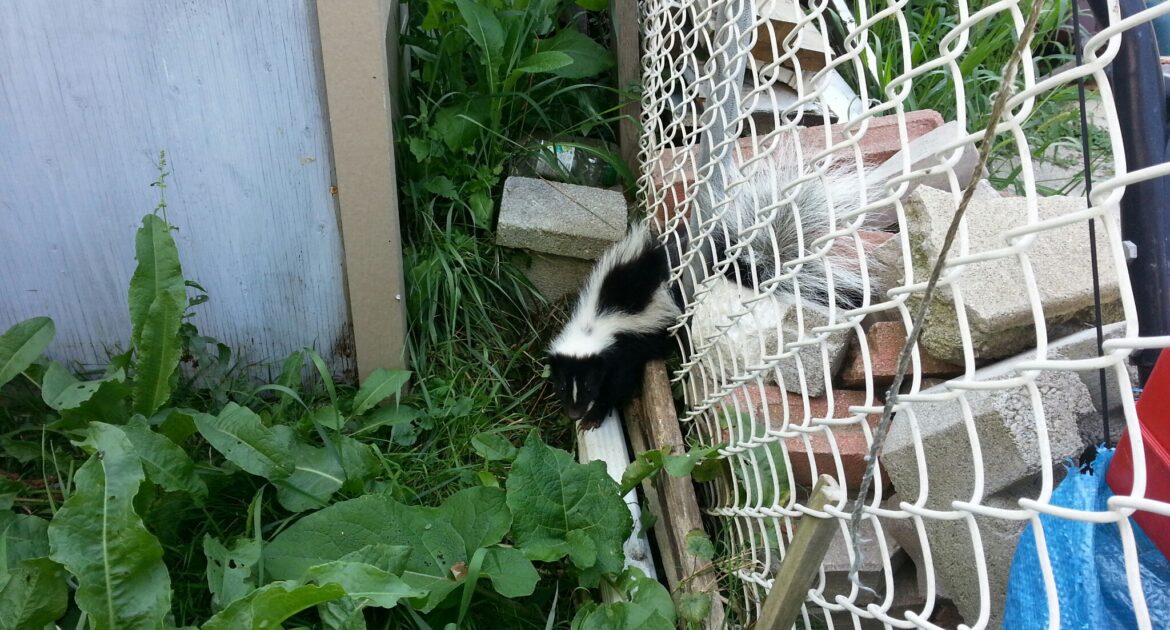It can be alarming to see an animal that you know to be nocturnal during the day. However, while you should keep your distance from wildlife no matter the time of day, this seeming reversal of normal habits isn’t necessarily a cause for alarm. While the animal may be sick, this is not the only possibility. Here are some of the reasons why you may see a nocturnal animal during the day.
1. It Is Crepuscular
Generally speaking, diurnal animals are active during the day and sleep at night, while nocturnal animals are active at night and sleep during the day. However, there is a third category that can overlap between day and night. Crepuscular animals are active during dawn and dusk, in the twilight hours when the day is just ending and night is just starting, or vice versa.
Some animals that are believed to be nocturnal are actually crepuscular. Even scientists become confused by the distinction sometimes. To further muddy the issue, some animals may change between crepuscular and nocturnal habits in response to changes in their environment.
If you see an animal that you believe to be nocturnal and it is shortly after dawn or before dusk, there is probably no cause for alarm. It may just be late getting back to its den or waking up a little earlier than usual.
2. It May Be Looking for Food
Sometimes an animal cannot find sufficient food during the time that it is usually active, in which case it may have to adapt its usual habits. For example, a raccoon can usually find enough food to feed itself by foraging at night. However, when a mother raccoon has kits to feed, she may not find enough food foraging at night and may have to put in some effort during the day as well to keep her family fed.
3. It May Be Moving Babies to a New Den
Animals such as raccoons may have more than one den site within their territory. Raccoons can have up to ten den sites in one area. If one den becomes inaccessible, it can relocate its babies to a new site. However, most animals can only carry one baby in their mouths at a time. Therefore, moving the babies to a new den site can take some time, especially if it is some distance away from the old den. The relocation process may extend into the daylight hours.
4. It Could Be Sick

Sickness isn’t the only reason why a nocturnal animal would be out during the day, but it is a possible reason. A sick animal may also exhibit symptoms or other forms of abnormal or erratic behaviour. For example, sick animals may appear unkempt and have pus oozing from their eyes. They may appear clumsy and uncoordinated and walk around in a circle. They may also stay out in the open in a vulnerable position and remain that way for a long time.
If you see an animal that you believe could be sick or hurt and in need of help, you need to call wildlife control to get help from trained professionals. However kindly meant, your attempts to help a sick animal could result in injury to you. The animal may be sick with a disease, such as rabies, that could spread to you through its bites or scratches. Be sure to keep your distance and allow the professionals to help the animal in a humane way.
Where you see the animal makes a difference in how you should respond. If you are out in the wild, or even in a neighbourhood park, the best thing to do is usually just to leave the animal alone. However, if you see the animal in your house or yard, you should call animal removal services because it is probably cohabitating on your property in a hidden den.




